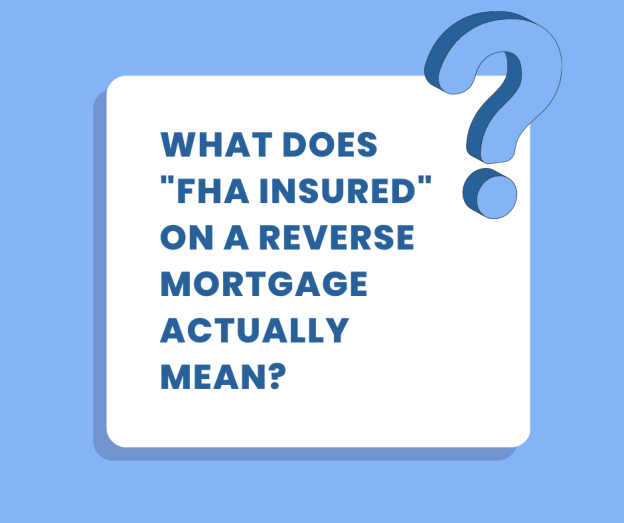Unfortunately, some grandparents are put in the very difficult position of raising their grandchildren. There are various reasons as to why this is the case. One thing is for sure, this reality transcends socioeconomic lines. Let’s take a look at a way that I recently helped a pair of grandparents that found themselves in this precarious situation. For the purpose of this blog, I will call our client’s the Martins. The Martins became guardians of their granddaughters two years ago. The oldest age 16 and the youngest age 13. Mr. Martin age 68 and Mrs. Martin age 67 were not anticipating that they would need to raise children during retirement. However, when they were called upon, they stepped up to the plate and I commend them for that. Here is how the Martin’s were set up for retirement. The Martin’s receive $4,200 a month in combined social security benefits. They had paid for their home along with all other debt. They fully paid for an automobile that would hopefully see them through the majority of their retirement and had around $50,000 in cash savings. They also had saved $275,000 in their pre-taxed retirement accounts. This allowed them to live a reasonable lifestyle. Their goal was to live within their
means and use the $50,000 in cash savings for larger unforeseen expenses. They wanted to leave their IRA intact without withdrawals for as long as possible so that it could continue to grow until they began taking their required minimum distributions. Needless to say, their plans had to be recalibrated once they became the guardians of their granddaughters.
The average cost of raising a child according to the Institute of Family Studies is a whopping $1,438 dollars a month! So, its not surprising that over the last two years the Martins have spent down $35,000 of their cash reserves. Once they realized that the rate at which they are spending is unsustainable, The Martins started exploring solutions for their dilemma. First, they looked at a traditional cash out refinance of their home. Then they explored a traditional home equity line of credit. They quickly understood that obtaining more debt in the traditional manner was not the solution that would work for them. They needed additional cashflow plain and simple. This is where Mortgage South of Tennessee was able to provide a solution that fit their situation.
The Martins called me and gave me a brief synopsis of their situation. They scheduled an appointment and I gathered some more detailed information from them. Once my analysis was complete, I provided a potential solution with a HECM (also known as the federally insured reverse mortgage). First, I wanted the HECM to provide much needed positive cash flow to the situation so, I created a monthly distribution to them of $2,000 a month for a specific period of time. In their case, I proposed 5 years because the youngest granddaughter would be 18 at that time. Next, I used the reverse mortgage to create additional emergency funds that would be there for the inevitable home repair, etc. This would give them the peace of mind that they still had $15,000 remaining in cash and another $95,000 in their new found HECM emergency fund. This reverse mortgage solution allowed the Martins to add $24,000
of positive nontaxable cashflow to their family budget until their youngest granddaughter reaches age 18. It also created a HECM line of credit of $95,000 for emergencies, and finally allowed them to keep their original plan in place of not tapping into their taxable IRA account until it was time to start taking their mandatory distributions from their qualified IRA. A federally insured HECM reverse mortgage will not provide the correct solution for every situation, but when it does, it is a game changer for retirees trying to navigate a world that has become increasingly more financially complicated.












